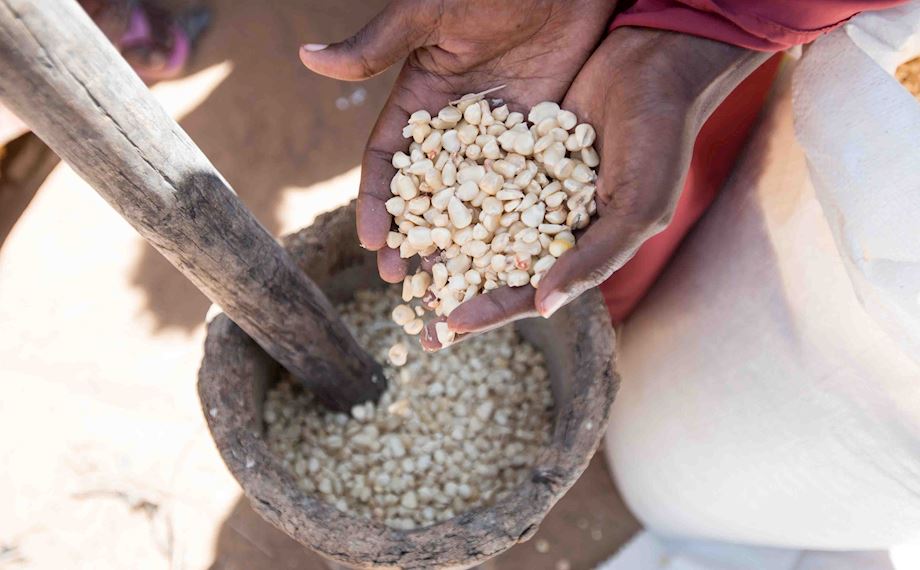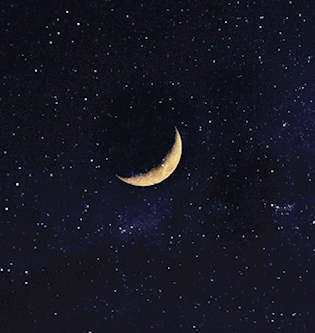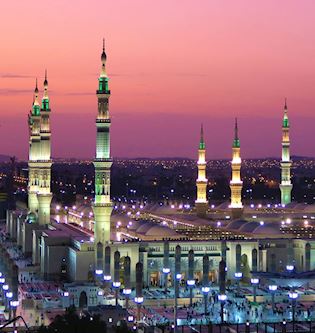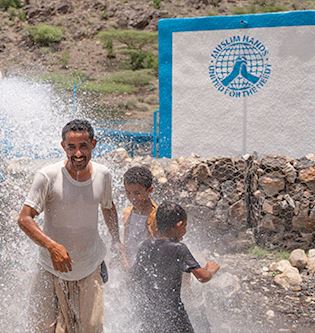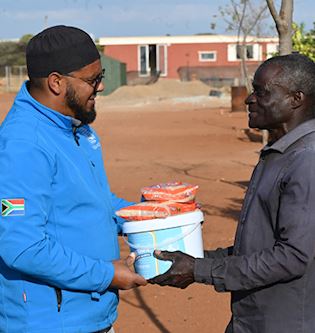Al-Muharram

Praise be to Allah, the Lord of the Worlds, and blessings and peace be upon our Prophet Muhammad (saw), the Seal of the Prophets and Leader of the Messengers, and upon all his family and companions.
Being the first month of the Islamic New Year, Muharram holds great importance in Islam. It is one of the four sacred months in the Islamic calendar. Muharram in its literal sense means “forbidden”. Similar to the other sacred months, waging war or indulging in any kind of violence during this month is forbidden.
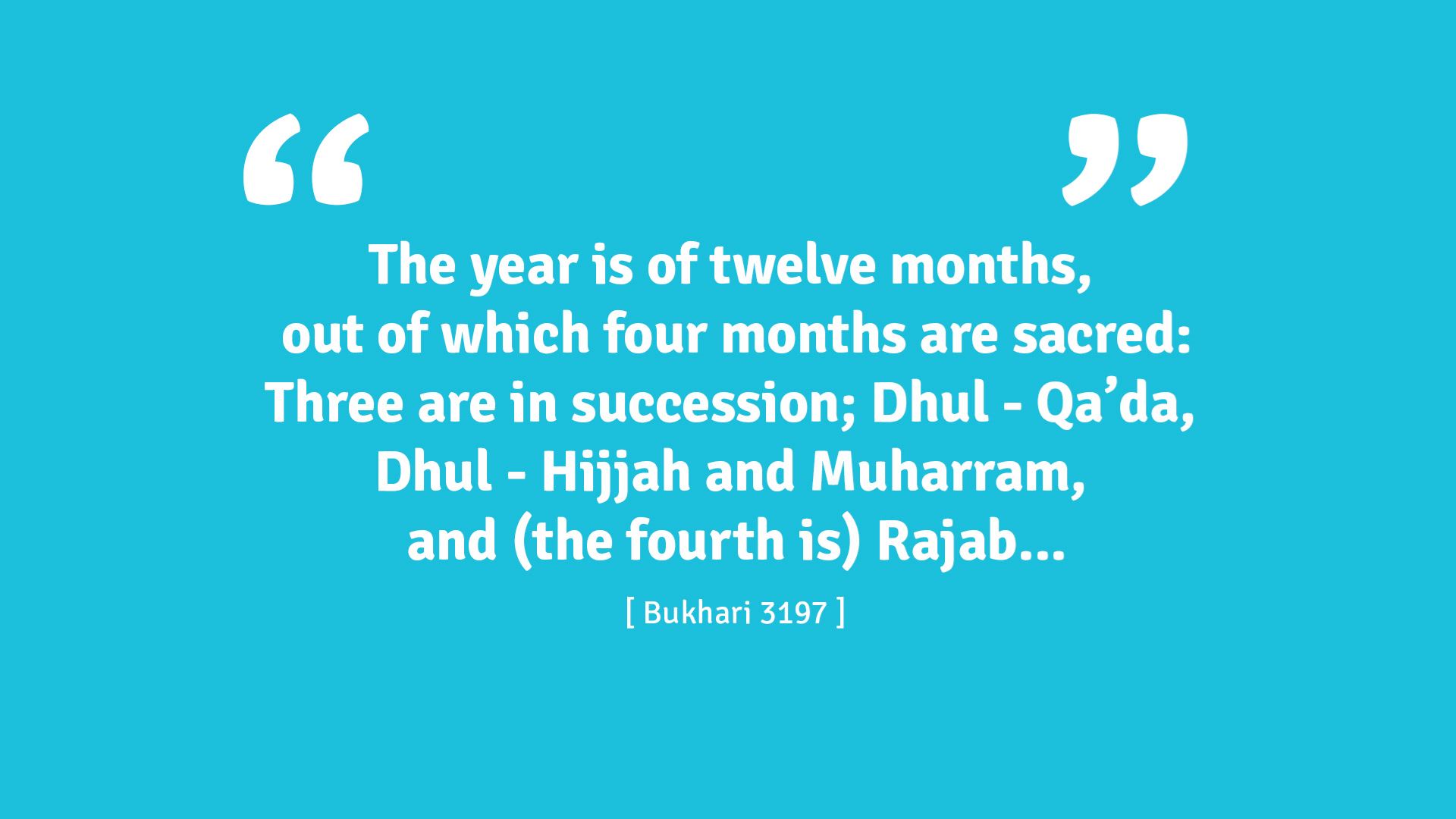
It has been reported in an authentic narration that somebody asked the Prophet (saw): ‘Which prayer is the best after the obligatory prayers?’ He (saw) said: “Prayer during the middle of the night.” The person asked: ‘Which fast is the best after the fast of Ramadan?’ He (saw) said, “The month of Allah that you call Muharram.”
“The people used to fast on ‘Ashura (the tenth day of the month of Muharram) before the fasting of Ramadan was made obligatory. And on that day the Ka’bah used to be covered with a cover. When Allah made the fasting of the month of Ramadan compulsory, Allah’s Apostle said, “Whoever wishes to fast (on the day of ‘Ashura’) may do so, and whoever wishes to leave it can do so.” (Bukhari 1592)

It has been reported in an authentic narration that when the Prophet came to Madinah and found the Jews fasting on the day of 'Ashurah. He asked them: “What is this fast?” They said: ‘A great day. Allah saved Moses and the tribes of Israel from their enemies on this day and therefore, Moses fasted on this day.’ The Prophet (saw) said: “We (muslims) have more of a right to Moses than you, so he fasted on that day also and ordered the people to fast on that day.” The people said: ‘O Messenger of Allah, it is a day that the Jews and Christians honor.’ The Prophet (saws) said, “When the following year comes - Allah willing - we shall fast on the ninth (of Muharram also).”
Fasting is a secret between the servant and his Lord. This is why Allah Almighty and Exalted says, [in the divine hadith (hadith Qudsi)], “Every action of the son of Adam is his, except for fasting. It is Mine, and it is I who reward it.” [Bukhari and Muslim, from Abu Hurayra]
As for voluntary night prayer (qiyam al-layl), it is superior to voluntary prayer during the day because it is closer to secrecy, and nearer to sincerity (ikhlas).
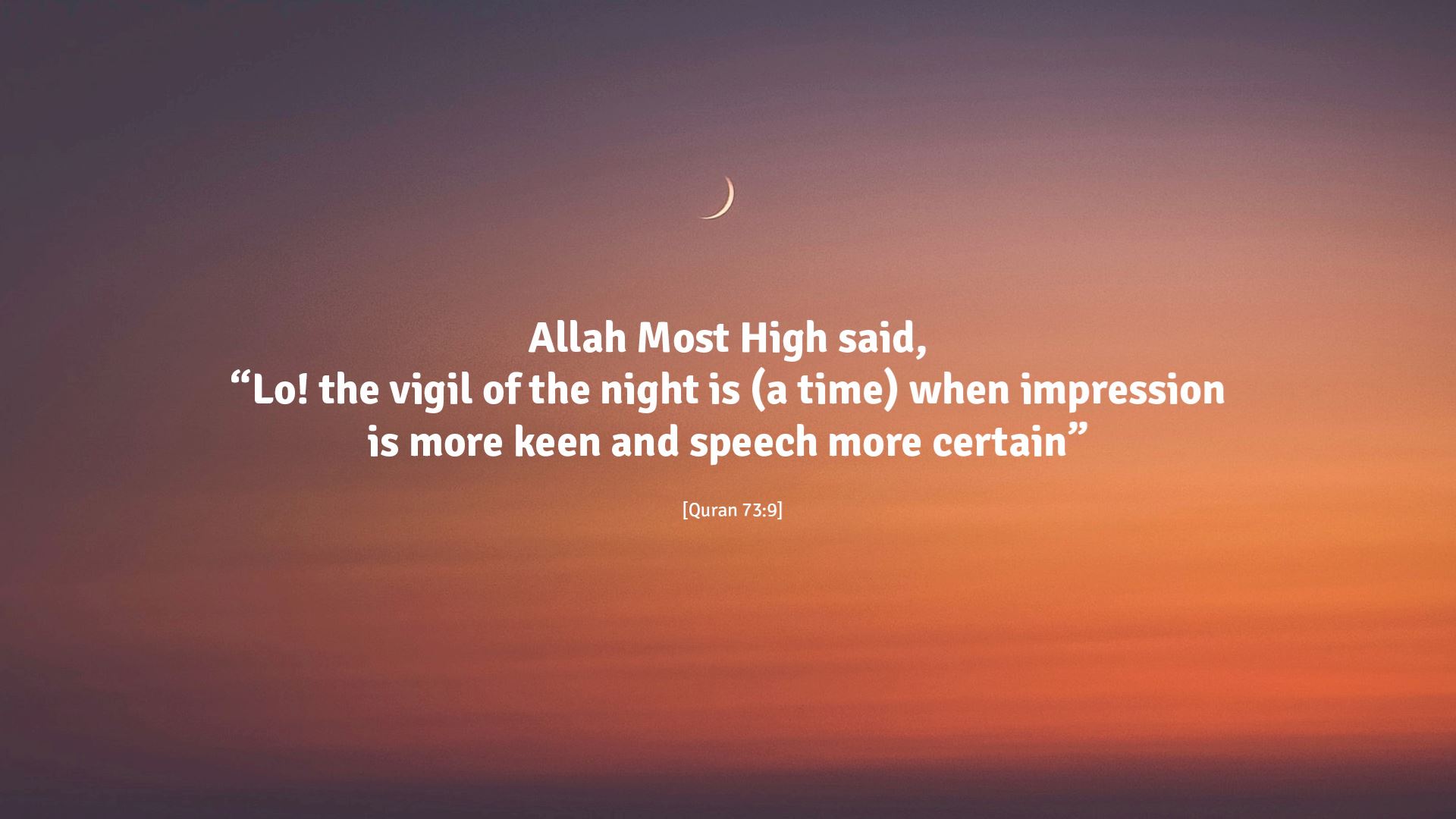
This is because the time of the night vigil (tahajjud) is the best of times for voluntary prayer, and the closest a servant gets to his Lord. It is a time when the doors of the skies are opened, supplications answered, and needs to be fulfilled.
Allah Most High has praised those who wake up at night in His remembrance, supplication, seeking forgiveness, and intimate entreating (munajat), saying, “Who forsake their beds to cry unto their Lord in fear and hope, and spend of that We have bestowed on them. No soul knows what is kept hid for them of joy, as a reward for what they used to do.” [Qur`an, 32.16-17]
Giving Charity on the Day of `Ashura
It has been reported from Abdullah ibn `Amr ibn al-`As (Allah be pleased with him), that “Whoever fasts `Ashura, it is as if he has fasted the entire year. And whoever gives charity this day it is like the charity of an entire year.”
Make your intention and commit to a small act of goodness that you can maintain during al-Muharram and beyond, allowing you to reap the rewards of your generosity all-year-round. For an even bigger impact, give Sadaqah Jariyah and receive the immense blessings of your charity in the hereafter.
And Allah alone gives success.
Most of our projects at Muslim Hands are Zakat and Sadaqah eligible and with many of them, you can choose to give a once-off donation or a smaller regular amount. Our Sadaqah Jariyah projects start from just R240 making it easier than ever to give.





